Articles
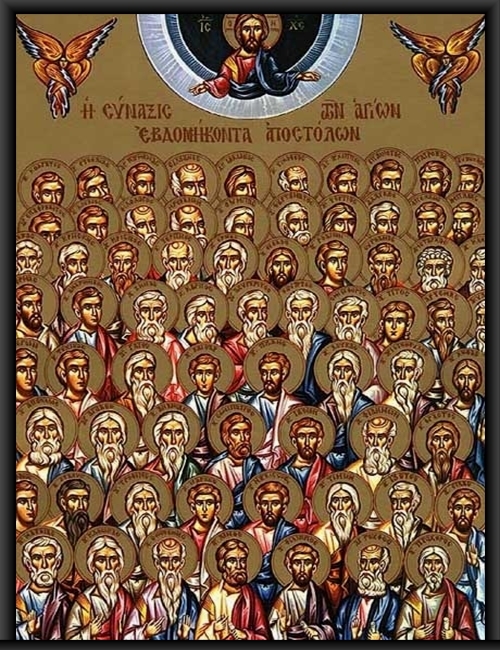 By Jeffrey Wang
By Jeffrey Wang
The Feast of Nayrouz marks the Coptic New year and the Coptic calendar is one oldest calendars in the world. To better understand the importance of the Feast of the New Year, which is on the first of the month of Thout, it is very interesting to see the word Nayrouz comes from the Coptic word “niiaroouz” which means rivers. Mid-September is usually the time when the Nile River waters rise and prayers are raised to God for the rising of the waters of the rivers for irrigation and good crops.
During the persecution of Christians under the Roman Emperor Diocletian starting in 283 A.D., the Coptic Christians adopted their calendar for church liturgical use. The persecution by the emperor was so severe and bloody that the Copts called this time the Era of the Martyrs or Anno Martyri in September of 283 A.D. Therefore, at the start of each year, we celebrate the Feast of Nayrouz to honor the millions of martyrs who shed their blood for our Lord, God and Savior Jesus Christ.
The Feast of Nayrouz is all about the newness of a new year, a new life and new beginning. We are indebted to the martyrs from Egypt. They shone as beacons of light and gave the people strength in their faith. They have kept our Coptic Orthodox Church strong until this day. If not for the fearlessness of the martyrs, the Church would not be as it is today. The feast usually falls on the 11th or 12th of September. As we celebrate the new Day, we remember our eagerness to share with the martyrs the new day in which they entered Paradise. This is the new season where the brightness of the Glory of Christ shines, and we look toward our Lord who will, God willing, open the gates of Paradise for future martyrs and for us. The last two weeks before the feast contain Divine Liturgy readings that focus on the second coming of our Lord. May we be ready for that Day.
During the Feast, all prayers are done in the joyful tune and this continues until the 16th day of Thout. In the Divine Liturgy, all the readings celebrate this New Year.
We hear about the newness of the year in each of the readings of the Divine Liturgy. In the Psalm we hear “Bless the Crown of the Year with Your goodness.” In the Gospel, the Savior blesses the New Year in abundance, saying, “to proclaim the acceptable year of the Lord” (Lk. 4:19). In the Pauline Epistle, St. Paul writes: “the old has passed away, behold, the new has come” (2 Cor. 5:17). St. John delivers a similar message in the Catholic Epistle, saying that “the darkness is passing away and the true light is already shining” (1 Jn. 2:8). The Feast strengthens our desire to repent and return to God with all our hearts. We try to give our Lord a blessed New Year. St. Luke emphasizes this point in the Book of Acts, “The times of ignorance God overlooked, but now he commands all men everywhere to repent” (Acts 17:30).
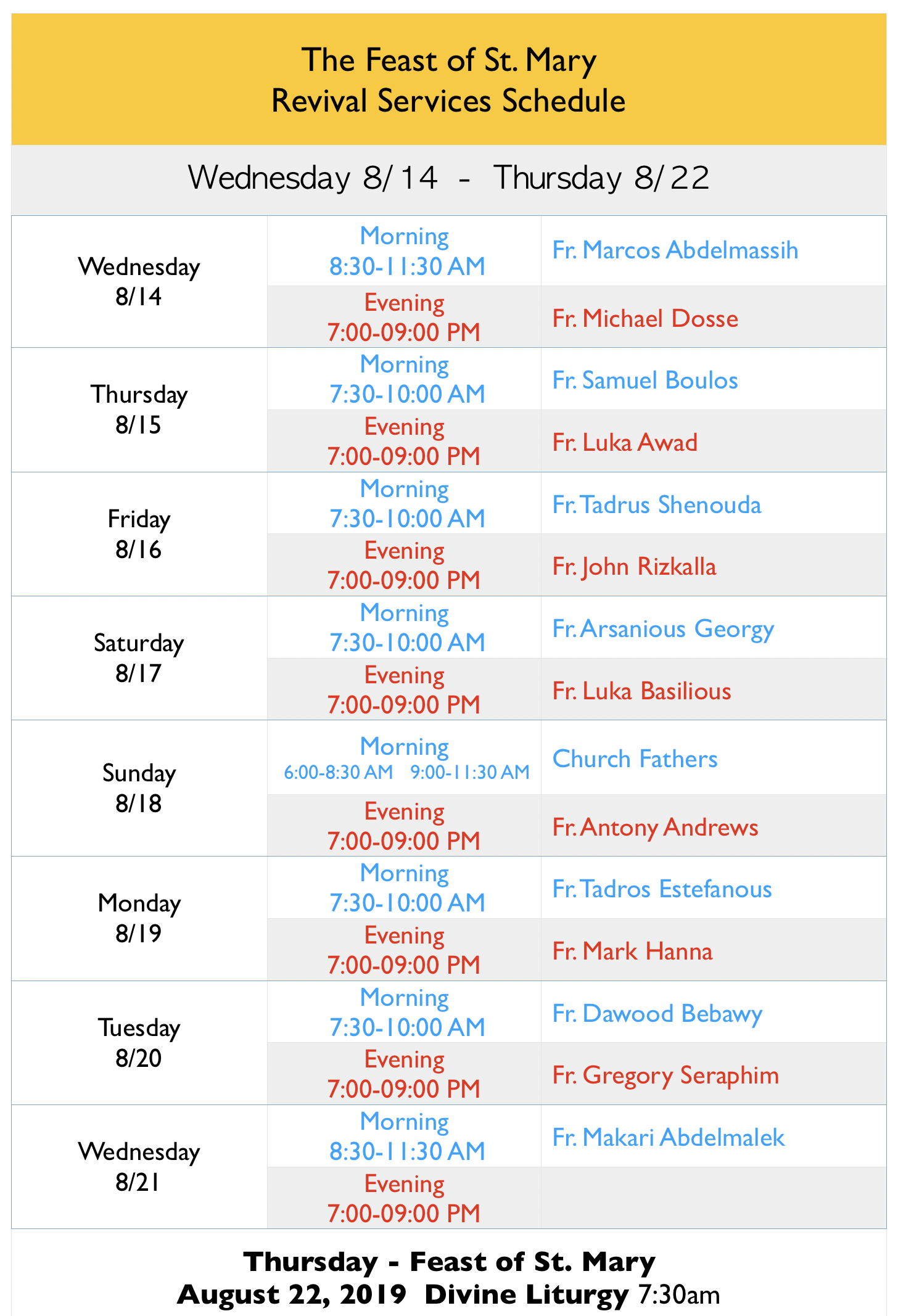
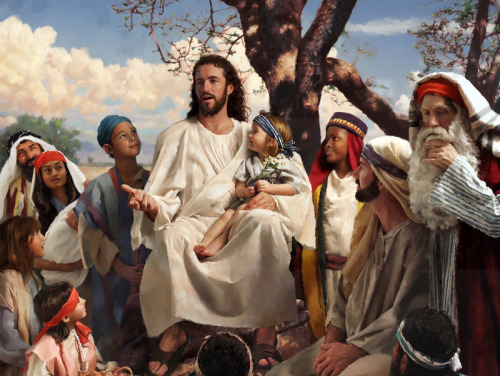
One day, an intense battle ended with the victory of Emperor Napoleon Bonaparte. So he wanted to reward those valiant soldiers of different nationalities who performed outstanding acts of bravery. "My brave soldiers," shouted Napoleon, "tell me what you desire and I will be obliged to perform it."
The Polish hero said, "Give Poland it's independence”. The emperor agreed and said, "I will."
The poor Czechoslovakian said, "I am a farmer, give me a piece of property to plant." The emperor said, "It's yours, my friend".
The German said, "Give me a bar in which to drink beer." The emperor said, "Grant him a bar".
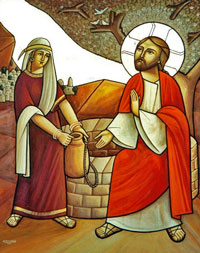
Jesus and the Samaritan Woman:
The story of the Samaritan Woman is one of my favorite stories in the Bible. It is a unique story, for the Lord meets this woman who is a Gentile in many ways, and carries on a conversation with her. He leads her away from the shames of her life and grants her the mission of evangelism. In a short period of time, she attracts the city with her preaching and leads its people to the Savior of the world.
The question is, why a Samaritan?



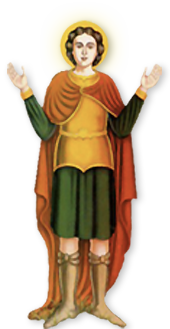









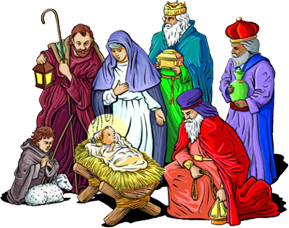

 Subscribe to RSS Feed
Subscribe to RSS Feed